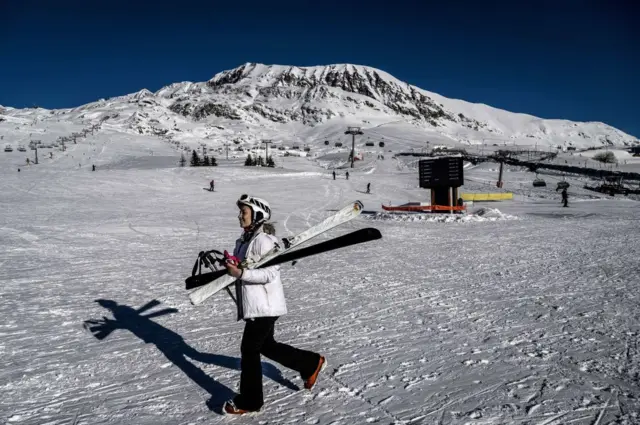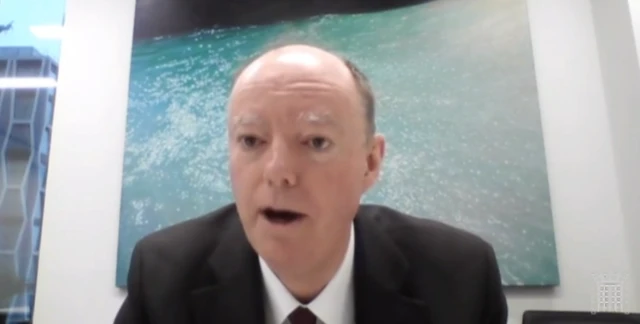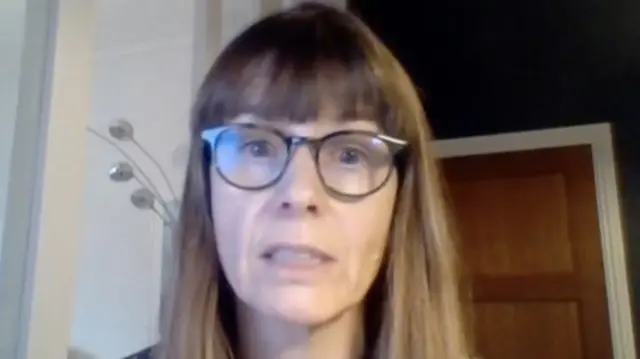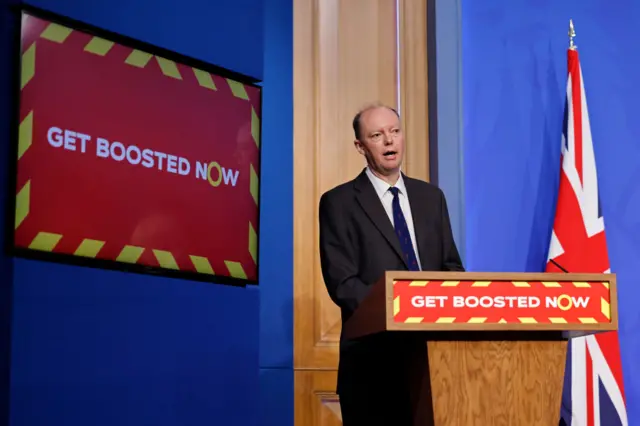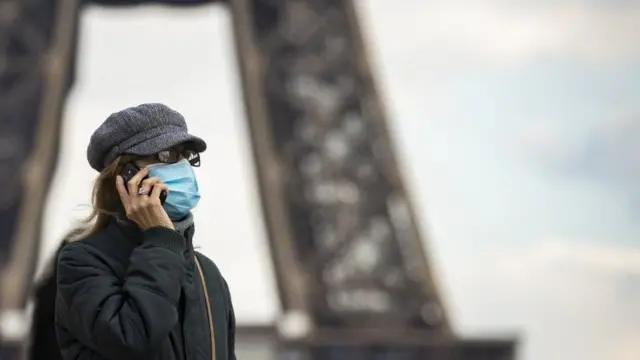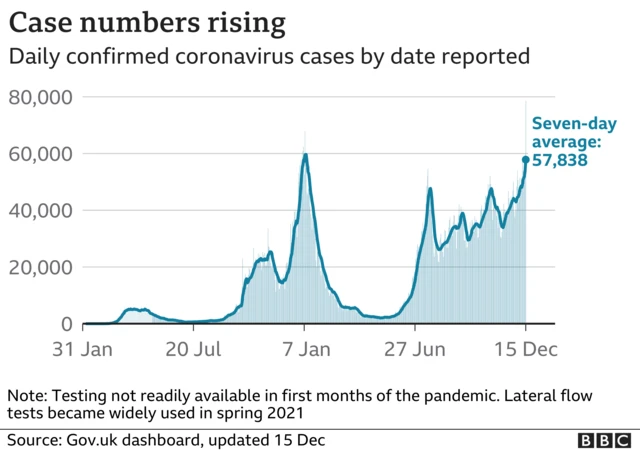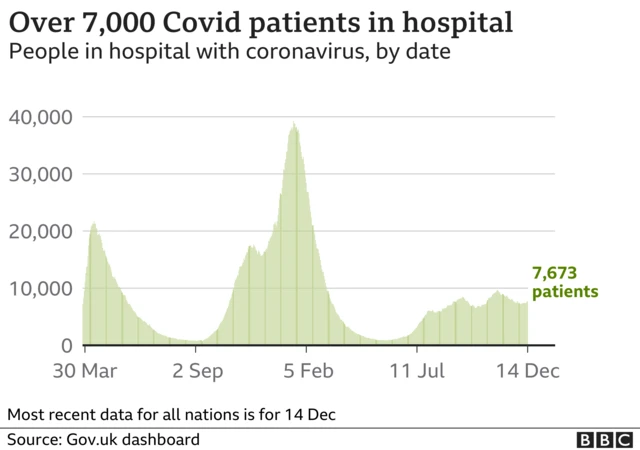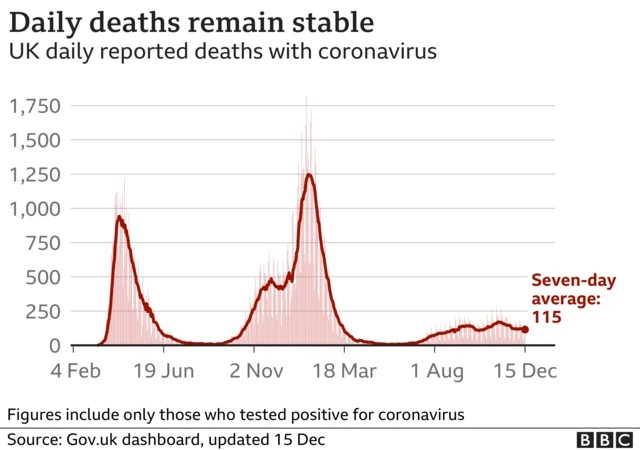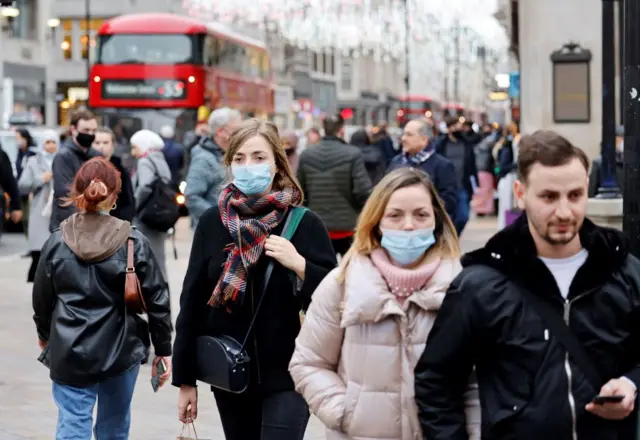Bank of England raises interest rates from record lowpublished at 12:07 GMT 16 December 2021Breaking
 Image source, Getty Images
Image source, Getty ImagesBank of England policymakers have voted to raise interest rates to 0.25% from the record low level of 0.1%.
The Bank has been caught between a surge in the cost of living - which is a reason to raise rates - and the rapid spread of the Omicron variant - which is an argument to keep them low.
Investors had been betting there was a 66% chance that the Bank would raise rates on Thursday, up from less than 50% before the inflation numbers for November came out on Wednesday.
The cost of living figures showed prices rising at their fastest rate for a decade.


